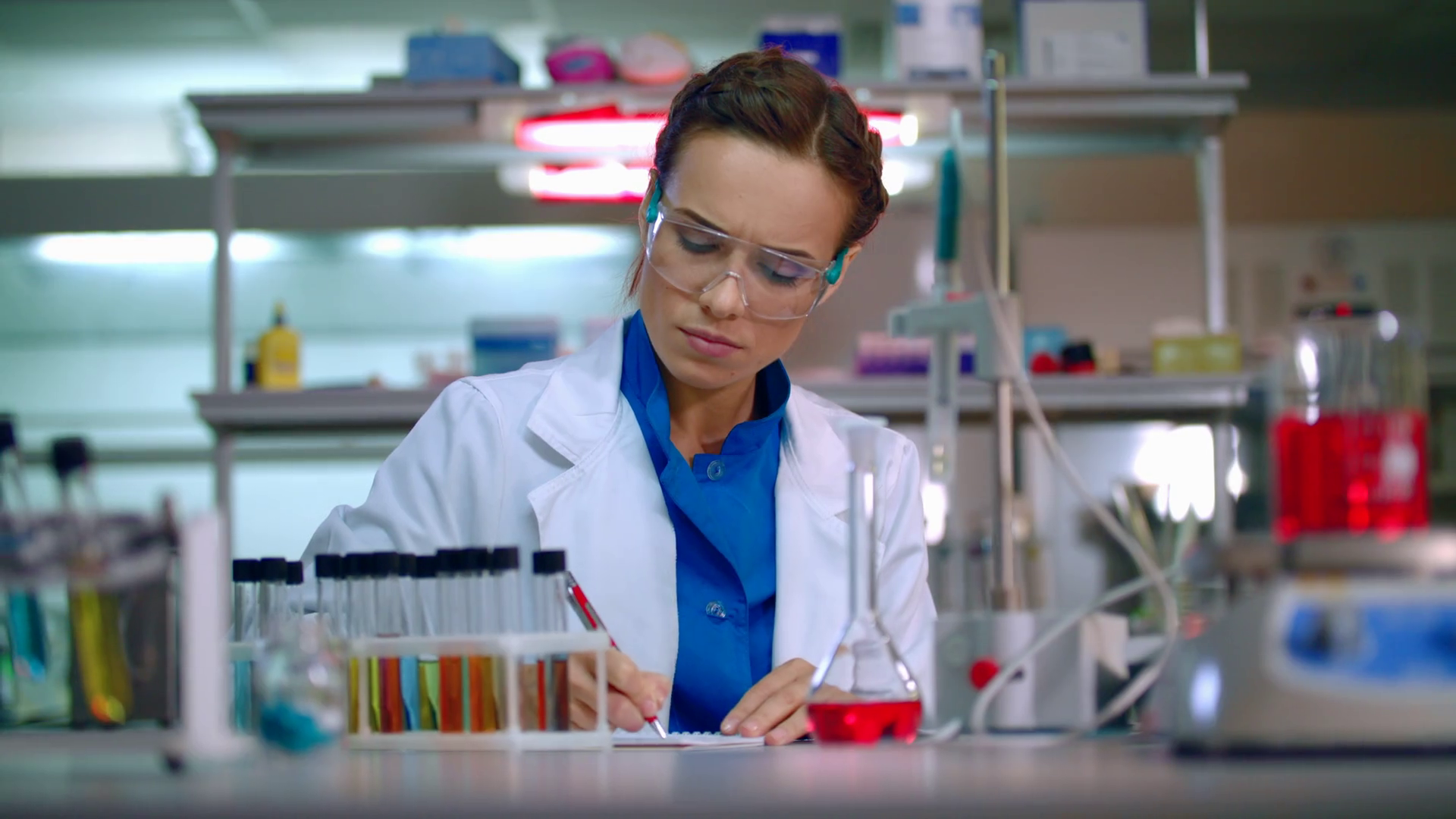

Medical laboratory technologists and scientists are required to complete a bachelor’s degree in Medical Laboratory Science or Clinical Laboratory Science from a school accredited by the National Accrediting Agency for Clinical Laboratory Sciences.
#Medical laboratory technologist manual
Unlike medical lab technicians, MLS and MT professionals can perform a number of highly precise, manual tests, in addition to those tests that require the use of technology. This testing is so important, in fact, that up to 70% of all decisions regarding a patient’s diagnosis and treatment plan are based on the results of tests that MLS professionals perform. This complex testing results in the finding of data that plays a key role in the identification and subsequent treatment of a wide variety of diseases. Medical laboratory scientists, also referred to as medical technologists, work to analyze biological specimens through scientific testing. Here is an in-depth look at this exciting career path. But is there any difference between these two roles? No! In fact, the term “medical lab scientist” (MLS) is synonymous with “medical lab technologist” (MT). If medical laboratory science has been of interest to you, you’ve probably heard the terms “medical lab technologist” and “medical lab scientist” bandied about. Medical Lab Technologist or Medical Lab Scientist In order to advance in this field, medical lab technicians are required to receive more education and training to become technologists or scientists in the medical laboratory. The top 90% of earners in this position earn an annual wage of $61,720. This organization requires that examinees have graduated from an accredited program.Īccording to the Bureau of Labor Statistics, the mean annual wage for medical laboratory technicians is $41,700. Certification is earned upon passing the national examination offered by the Board of Certification of the American Society for Clinical Pathology ( ASCP). While not all states require certification for medical laboratory technicians, many employers prefer that their applicants hold certification and/or licensing before they’re hired. These awards are typically completed within two years and programs must be accredited by the National Accrediting Agency for Clinical Laboratory Scientists. Those interested in becoming a medical lab technician should earn an associate degree in a related field, or complete a postsecondary certification program. Lab technicians may also be asked to set up, maintain, calibrate, clean, and test the sterility of lab equipment.


Medical lab technicians rely heavily on technology to assist them in their work, focusing primarily on the kinds of tests that can be automated.

Technicians may perform tests on these samples and discuss the results with physicians. These samples can include bodily fluids, tissues, and more. Under the supervision of laboratory managers and lab technologists, medical lab technicians collect and analyze samples from patients. Medical lab technicians perform routine lab work in order to assist medical lab scientists and technologists perform their duties. The first category of medical laboratory professionals is a medical lab technician (also referred to as a clinical lab technician). Medical Lab Technician/Clinical Lab Technician Here’s an exploration of these two career paths and how they differ. As you explore your future career options, you should consider whether you’d like to work as a medical lab technician vs. However, not all lab professions are the same. Bureau of Labor Statistics predicts that about 25,900 new positions will become available, each year, for the next ten years. In other words, lab technicians and scientists are invaluable members of the medical team.Īs the population of the United States ages, there will be a growing need for medical lab professionals. A laboratory professional’s skills are also needed when it comes time to monitor the effectiveness of a treatment plan. Without a laboratory professional’s work, doctors wouldn’t be able to diagnose illnesses such as cancer or diabetes. While patients rarely come into contact with them, medical lab technicians and technologists fill an integral position in their care team. Behind every medical diagnosis is a team of doctors, nurses, and laboratory workers who collaborated to decipher the results of critical medical tests.


 0 kommentar(er)
0 kommentar(er)
